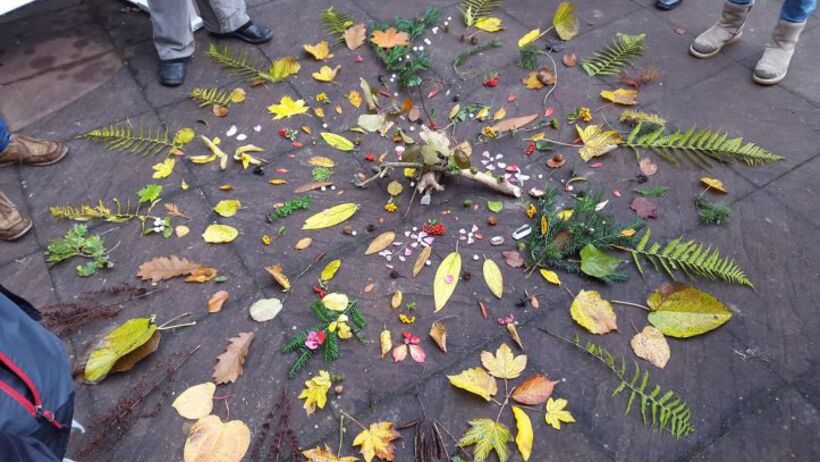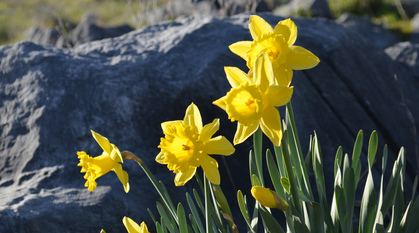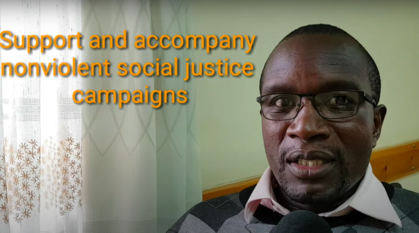How to speak Quaker
Paul Parker explores the challenges and insights of communicating personal Quaker values in translation that he encountered when writing this year's Richard Cary Lecture for German Yearly Meeting.

When I was asked to give the annual Richard Cary Lecture at German Yearly Meeting, I thought it would be easy enough – after all, I talk to Quaker meetings all the time and speak German fluently. My subject was Special offer: what do we Quakers have to offer the world in these turbulent times. How difficult could it be to speak to this in my second language?
Really quite difficult, as it turns out. I began by talking about my childhood but when I started to write about my spiritual journey, meeting for worship, and the core of our Quaker experience, the words didn't flow so readily.
A talk I could have given spontaneously in English took weeks to produce – the vocabulary painstakingly acquired, the quotes carefully researched in translated texts like Quäker Glaube & Wirken (the German translation of Quaker faith & practice) and the Bible.
I began to understand why it's so important for Welsh-speaking Quakers to be able to participate in meetings for worship in their mother tongue. Explaining our spiritual insights in a second language is harder, more halting. Our intuitive and internal understanding doesn't sound quite right when interpreted logically and explained in another language.
Zeugnis!
Writing the lecture turned out to be an exercise in understanding more about what our Quaker words mean to me, revealing connections I hadn't seen before. Ministry, testimony, and witness all translate to the single German word, 'Zeugnis'! Does that mean they're all the same thing? Are there hidden connections between them I hadn't seen before?
Translate the much-loved Quaker phrase 'live adventurously' and you discover that in Germany, land of forests, fairy tales and Hansel and Gretel, it takes on an altogether more sinister connotation. The German phrase,
Nimm das Leben als Herausforderung, with its meaning of take life as a challenge, didn't seem to capture that same giv[ing] over thine own willing which I hear in that advice and have found so helpful in ordering my own life.
A company of seekers
Talking about our spiritual journey is hard and often something we have to do from experience, rather than using the words of others. Maybe some of the words we use are foreign to us even in our own native language. In a more secular world, maybe we have to explain ourselves better, examine our choice of words, define and question them.
Maybe we accept that often there are no perfect words for an experience – we make the best of our tools and gifts to describe what we have, know, and have learnt. As German Friends said in their Epistle: “Maybe we cannot offer ready-made answers, but we are a company of seekers, able to offer both mutual support and companionship in seeking."
In the new publication, God, words and us Helen Rowlands writes: “Our starting point as Quakers is direct experience; our biggest challenge is to find living ways of communicating the depths and significance of that experience." We must work hard to listen and learn from each other's unique religious experiences.
A community of worshippers
I'm grateful to German Friends for the opportunity to try to describe my experience, as well as the wonderful community I found at their home in Bad Pyrmont. 208 Friends (out of a total Yearly Meeting membership of 245 from across the whole of Germany and Austria) came together in worship and witness.
I hope that hearing my experiences and spiritual journey helped them. I know they helped me.


